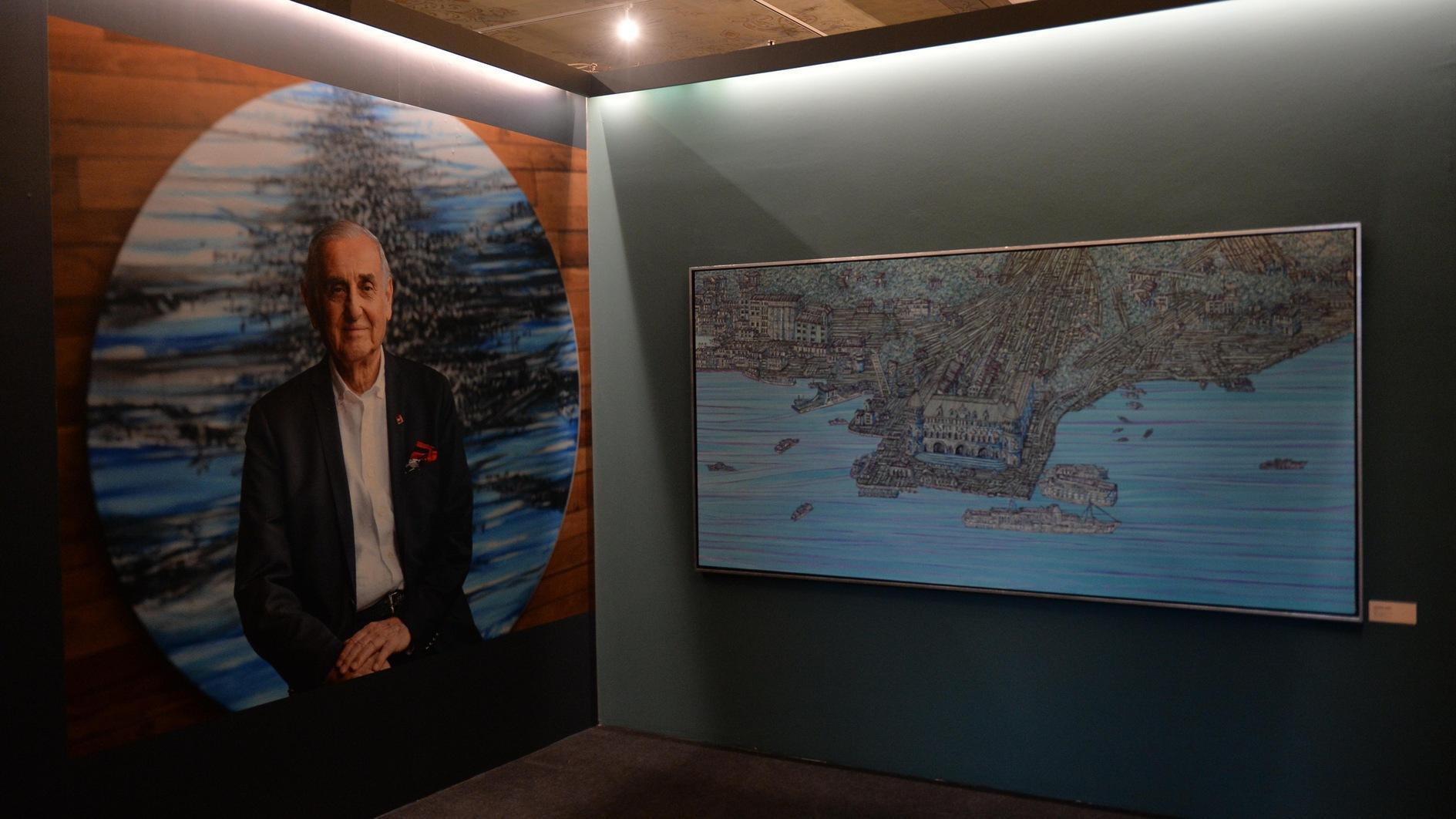Erdoğan may need Öcalan’s hand for strong presidency
It was 16 years ago today when Turkish Prime Minister of the day Bülent Ecevit appeared before the cameras and announced that Abdullah Öcalan, the leader of the outlawed Kurdistan Workers’ Party (PKK) who was captured a day before on Feb. 15, 1999, was brought to Turkey and put in prison.
He was captured with a joint operation of Turkish and American intelligence services, the MİT and CIA, respectively, at Nairobi airport after leaving the Greek Embassy where he was hiding. While writing my book “The Kurdish Trap” (in Turkish) published in 2004, Ecevit had told me that he still did not know why Americans had helped Turkey on that. But Öcalan was captured and put in the İmralı island-prison south of Istanbul, where he was tried and is still being kept.
According to much rumored, but never confirmed, promises given to the U.S., Turkey had removed death penalty from its penal code during Öcalan’s trial; his verdict was turned into a sentence for life without pardon and Öcalan has been living in an approximately 12-square meter room for the last 16 years; he was 51 when he was put in jail, and is now 67.
Yet, today Öcalan is one of the most politically influential people in Turkey.
Turkish President Tayyip Erdoğan said on board the plane bringing him back from Mexico on Feb. 15 that he was “expecting” Öcalan to make a statement that the PKK was going to disarm. That would mean an end to the campaign that the PKK has been waging since 1984, which has claimed the lives of some 40,000 people so far.
Erdoğan points at the possible final stages of the dialogue process he initiated (when he was prime minister) in 2012 between Öcalan and the government through Hakan Fidan, the head of MİT who resigned on Feb. 10.
Yesterday, a total of hundreds of thousands of people in Turkey, mostly sympathizers of the PKK and supporters of the Peoples’ Democratic Party (HDP), which share similar grassroots, rallied and chanted slogans for the immediate release of Öcalan for “peace.”
The indications from the PKK headquarters in the Kandil Mountains in Iraq are not exactly the same as Erdoğan desires. Following a critical meeting on Feb. 4 in İmralı between Öcalan, government officials and HDP deputies, the PKK headquarters reportedly consider announcing an end to the “armed struggle” within Turkish borders, but not a farewell to arms, withdrawing its combat units out of Turkey (to bordering Iraq and possibly some to Syria and Iran, too) but will abide by what Öcalan has to say.
Öcalan is expected to make a statement after a visit by a new HDP delegation together with government officials, headed by Muhammed Dervişoğlu, the Undersecretary for Public Order and Security (KDGM); a former MİT officer who is now authorized by Prime Minister Ahmet Davutoğlu to carry out the talks with the PKK.
The question is why Fidan resigned at a time when he could have gotten all of the public credit for “peace.”
The answer is to be a candidate for the June 7 elections on the ruling Justice and Development Party (AK Parti) list.
Erdoğan said in disappointment last week that he had asked Fidan to stay, but Fidan turned him down to abide by the request of Davutoğlu, who reportedly said to Erdoğan that he needed Fidan in politics.
That was the first public confirmation by Erdoğan himself since the 12-year-plus AK Parti rule that there was a serious disagreement in the upper echelons and Erdoğan’s will was turned down by his two best men. This is not the indication of a major crack or split yet, but is obviously a serious scratch in Erdoğan’s irresistible image on his way to a strong presidential system with lesser checks-and-balances right after the June 7 elections. He said earlier this month that he thought a 400 seat majority (in the 550 seat-Turkish parliament) would serve the purpose best, but that doesn’t seem like a realistic expectation at all under the given circumstances.
Fethullah Gülen, the moderate Islamist ideologue living in the U.S. who used to be Erdoğan’s closest ally until the two became arch-enemies following Erdoğan accusing Gülenists in the state structure to plot to overthrow him.
The question now is whether Erdoğan eyes Öcalan to give him a hand for strong presidency, probably not directly, but through endorsing Erdoğan’s pledge to solve the Kurdish problem in peace right after the election through a new constitution for that kind of a presidential system?
The developments this week could give us signs for an answer to that question.











